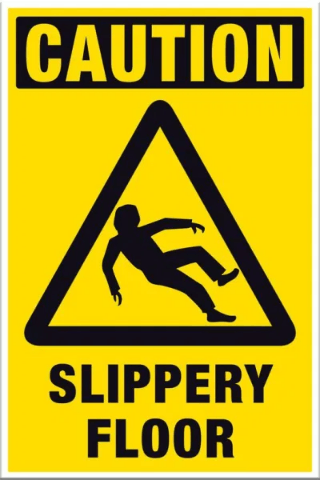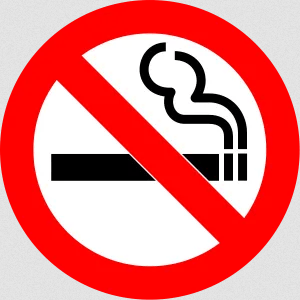Preparing for surgery ahead of time helps to increase the likelihood of a successful surgical outcome and helps to ease any anxiety leading up to the procedure. The following provides details of what to do and what you can expect leading up to your procedure. If you have any additional questions please call (888) SP0RTMD for additional information.
Pre-Surgical Anesthesia Appointment
Prior to surgery you will meet with the pre-surgical anesthesia clearance team. This will be scheduled with your primary care provider. At this appointment they will conduct tests to ensure it is safe for you to undergo anesthesia for your procedure. Additional referrals and clearances may be required based on your medical history and any findings that arise at this appointment.
Pre-Operative Total Joint Education Video
Patients undergoing total hip and total knee arthroplasty should learn what expect surrounding the procedure prior to surgery. Watching this video is an important step in learning what to expect before, during, and after the day of surgery. To find out more information please see the American Academy of Orthopedic Surgery’s informative web page.

Transportation
During the day of surgery you will need to organize a ride to the hospital. Your patient advocate may help organize this for you. Patients being discharged the same day of surgery will be unable to drive following the procedure and will also require a ride home. Postoperatively, you will not be able to drive while taking narcotic pain medication so ensure you have adjusted your plans for work and travel accordingly after surgery.
Prepare Your Home
Falls at home after a surgical procedure can be catastrophic. Ensure you can safely navigate around your house free from any tripping hazards. Move any loose cords or rugs. After shoulder surgery many patients are more comfortable sleeping in a recliner or chair for the first week. Many falls occur when getting in and out of bed at night when it is dark and disorienting. Clear a path to the bathroom of any tripping hazards and wear slippers with grip if on a slippery surface. Preparing this ahead of time can be helpful in the early postoperative period.
Medications to STOP
14 days before surgery, you need to stop:
Any Narcotic (example., Vicodin, Norco, Darvocet, Percocet or Oxycontin)
Advil and aspirin like products to stop 14 days before surgery
7 – 10 days before, you need to stop:
Any medications prescribed by your physician, please consult before stopping prior surgery (example: Plavix, Coumadin, Warfarin, prescribed Aspirin)
You can continue to take:
Tylenol
On the morning of surgery:
Take only medications that are for your heart (hypertension, arrhythmias, etc.)
If you use an inhaler, please bring it with you
If you are taking diabetic medications, you should check with your internist to determine if you should take these medications on the morning of surgery
If you are taking any other medications that are not listed, please consult with your internist prior to surgery to determine if you should continue taking the medication or to see when you should stop and resume the medication.

Smoking
If you smoke, cut down or quit before the procedure. Smoking increases the risk for multiple complications following surgery including wound healing problems, infections, and blood clots. It also decreases the rate of bone healing and decreases the chance of having an excellent outcome for multiple orthopedic procedures. This is one risk factor for surgery that is entirely under your control so you should absolutely make every effort to quit to ensure you give yourself the best chance at a successful result from surgery.
Drinking Alcohol
Do not drink alcohol for 48 hours prior to the procedure and do not drink alcohol while taking narcotic pain medication.
The Day of Surgery
On the day of surgery do NOT eat or drink anything. If you do eat or drink prior to surgery your procedure may be canceled. Dress in loose, comfortable clothing and remove all jewelry (including tight rings and earrings) and leave them at home along with any other valuables. Bring to the hospital a form of identification and your insurance card. Arrive to the pre-operative holding area at the scheduled time.
Upon Discharge Home
At discharge you will receive a post-operative instruction sheet. This will cover the most commonly asked questions and generally post operative care. It is important prior to discharge that you understand:
- When will you return for your follow up appointment?
- What medications have you been prescribed?
- What are they for?
- When should you take them?
- How do you care for your surgical dressing? When to change?
- When can you shower or bathe?
- How do you take on and off your sling/brace (if removable)?
- What activities can you do (weight bearing, motion, exercises)?
- When will you see the physical therapist (if prescribed)?
- When can you expect to start driving? Return to work?
- What are the warning signs for complications (infection, blood clot, etc)?
Call (888) SP0RTMD with any questions or concerns







